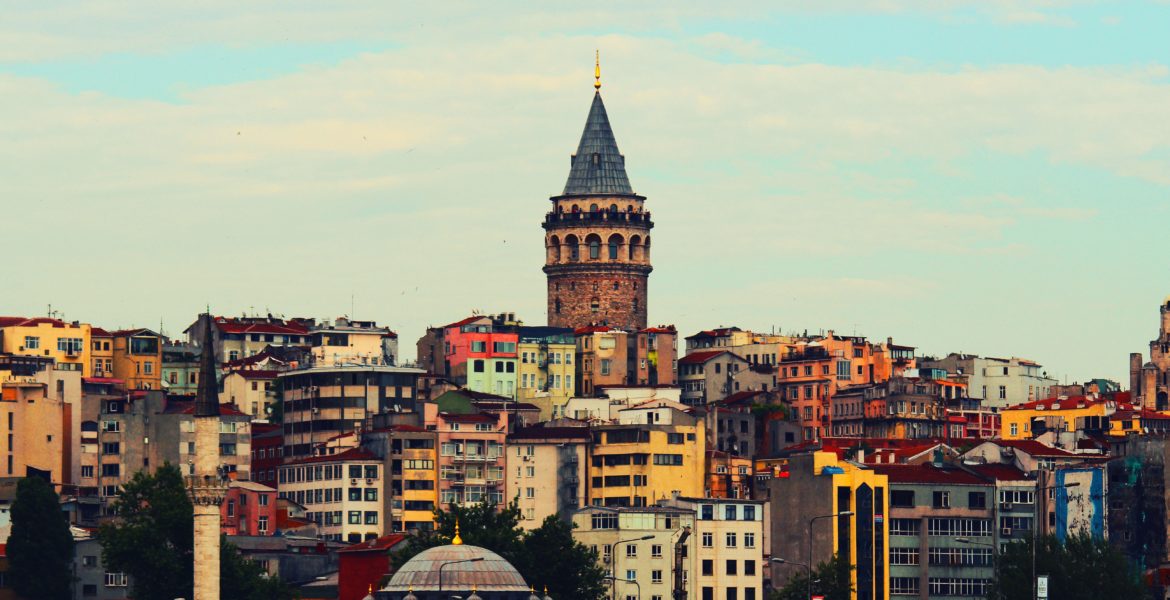
Turkey has scored poorly in the ‘freedom’ stakes according to Freedom House, an independent watchdog organisation that analyses the challenges to freedom, advocates for greater political rights and civil liberties, and supports frontline activists to defend human rights and promote democratic change.
Meanwhile neighbouring Greece maintains a close to perfect score in terms of civil and press freedoms, with a ‘parliamentary democracy features vigorous competition between political parties and a strong if imperfect record of upholding civil liberties.’
According to their 2018 ranking, Turkey has gone from partially free to ‘not free’ when it comes to press freedoms and overall ‘net freedom’.
With a poor score on civil and political rights during Erdogan’s reign since 2002, the country has some way to go if it wants to follow a European pathway.
After initially passing some liberalising reforms when it first came to power, the Erdogan government has shown growing contempt for political rights and civil liberties in recent years, perpetrating serious abuses in areas including minority rights, free expression, associational rights, corruption, and the rule of law.
Key Developments in 2017:
- Constitutional revisions that concentrated power in the presidency were adopted in an April referendum. The campaign featured a grossly uneven playing field, and last-minute changes to the criteria for validating ballots—made in contravention of the law—undermined the legitimacy of the vote count.
- A state of emergency first declared after the attempted coup of July 2016 was renewed every three months and remained in place at year’s end, allowing the government to rule by decree and make decisions that dramatically undercut the rule of law.
- The government continued to take over opposition-controlled municipalities and expanded the practice to its own party by forcing independently elected AKP mayors to resign.
- In the context of a wider purge of the leadership’s perceived enemies, authorities initiated prosecutions of key figures in Turkey’s nongovernmental organisation sector. The fear of arbitrary arrest stifled public discussion and weakened civil society.
The Turkish government’s sprawling crackdown on its real and suspected opponents, touched off by a coup attempt in July 2016, continued throughout 2017.
Using emergency powers and vaguely worded terrorism laws, the authorities had suspended or dismissed more than 110,000 people from public-sector positions and arrested more than 60,000 people by year’s end. Extensive use of pretrial detention meant that many suspects were held behind bars for long periods without due process. There was increasing evidence of extrajudicial “disappearances” and routine torture of political detainees. In June and July, officials arrested a number of leading human rights activists on terrorism charges. Osman Kavala, perhaps Turkey’s most prominent civil society leader, was detained in October and eventually charged with attempting to overthrow the constitutional order. Since the attempted coup, at least 1,500 civil society organisations have been summarily closed and their property confiscated. The prosecution of journalists and closure of media outlets continues. Arrests based on messages shared via social media are common, leading to widespread self-censorship and a general chilling effect on political discourse.
In April 2017, a government-backed package of constitutional amendments was formally approved through a referendum. When fully implemented in 2019, the changes will radically increase the power of the presidency and reduce democratic checks and balances. The referendum was conducted on a manifestly uneven playing field, particularly in light of the ongoing state of emergency and related restrictions on the media, the opposition, and civil society. Moreover, the Supreme Electoral Council (YSK) intervened in ways that seemed to favour the government and cast serious doubt on the integrity of the tabulation process.

